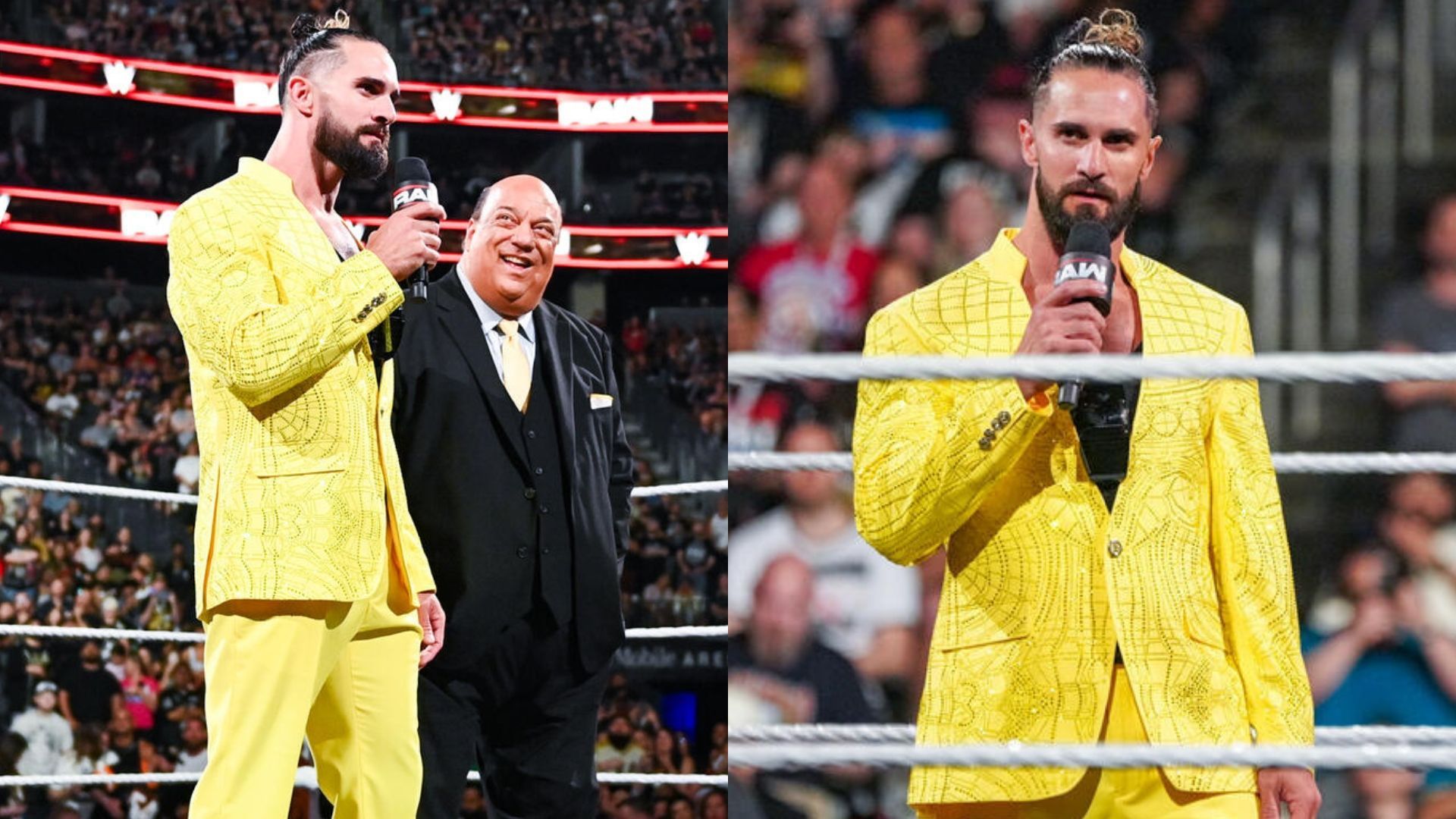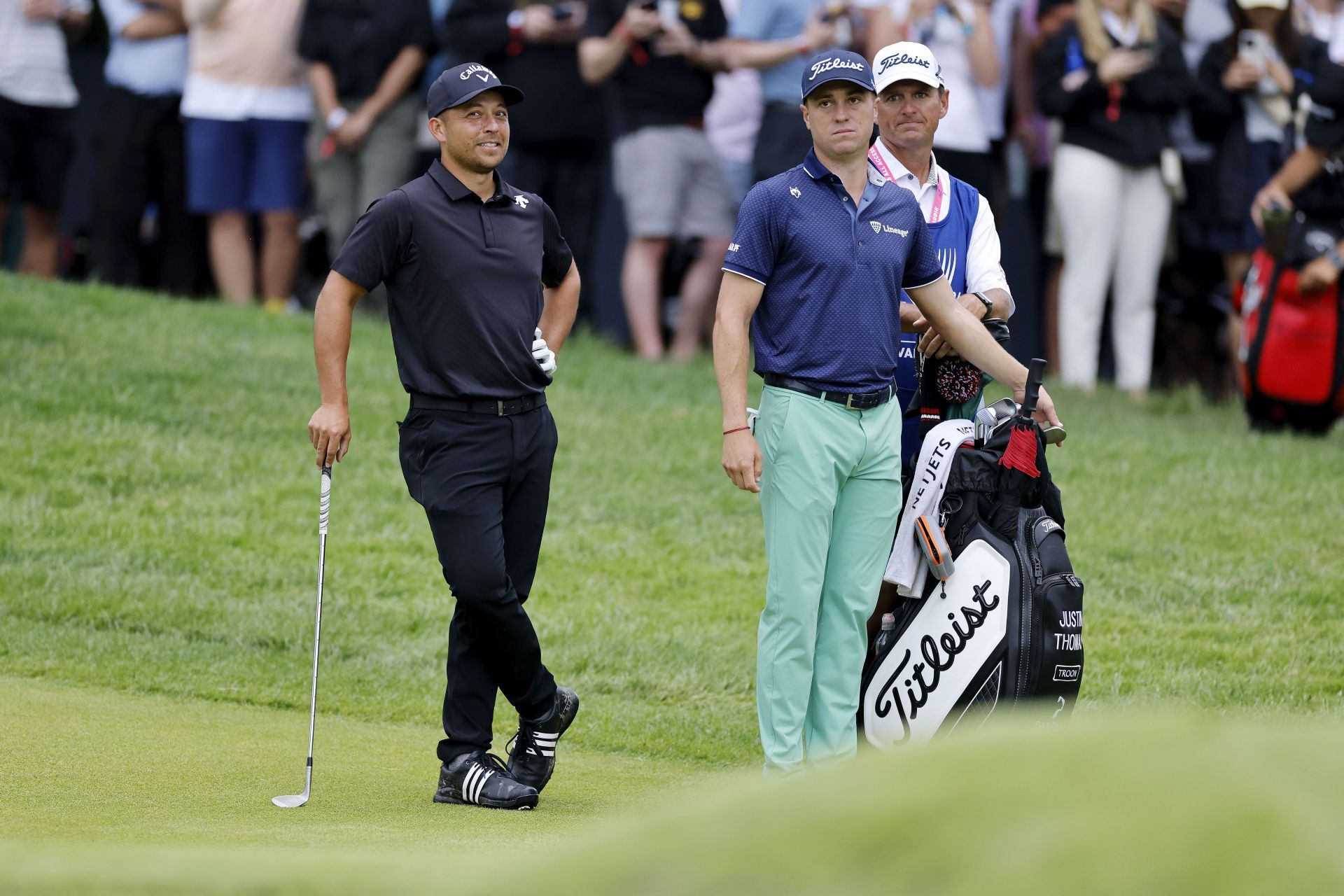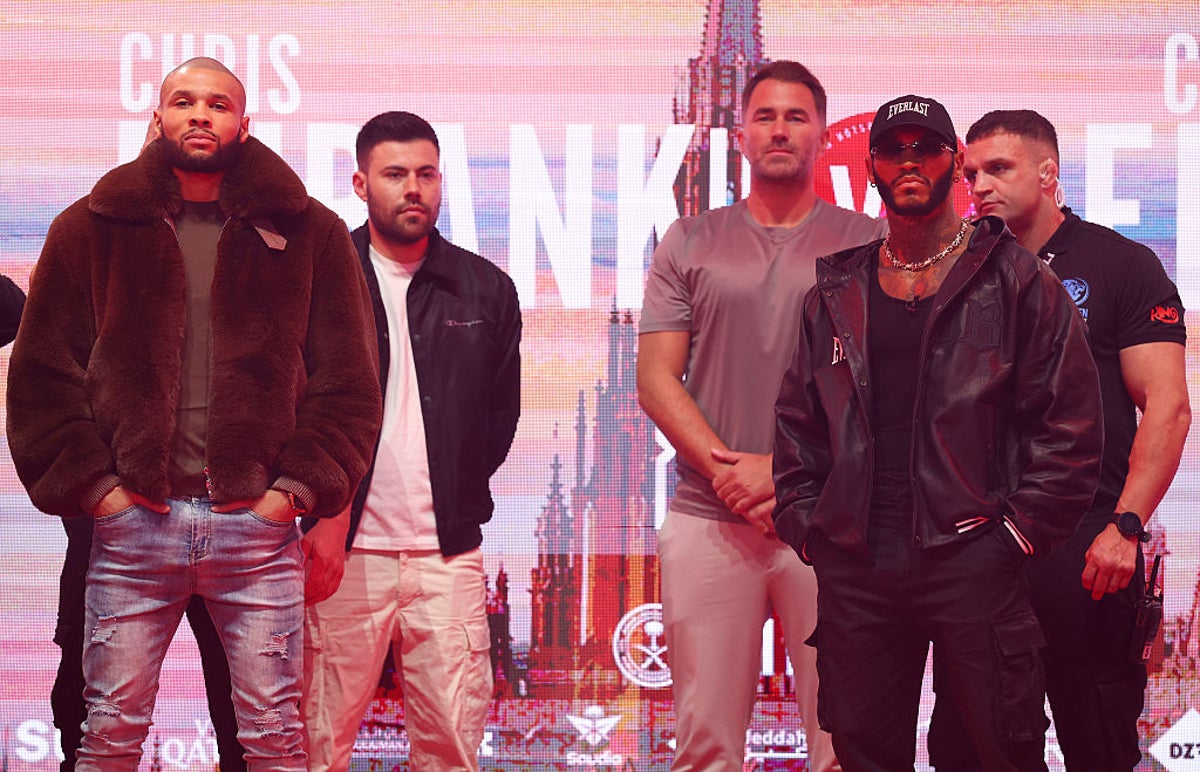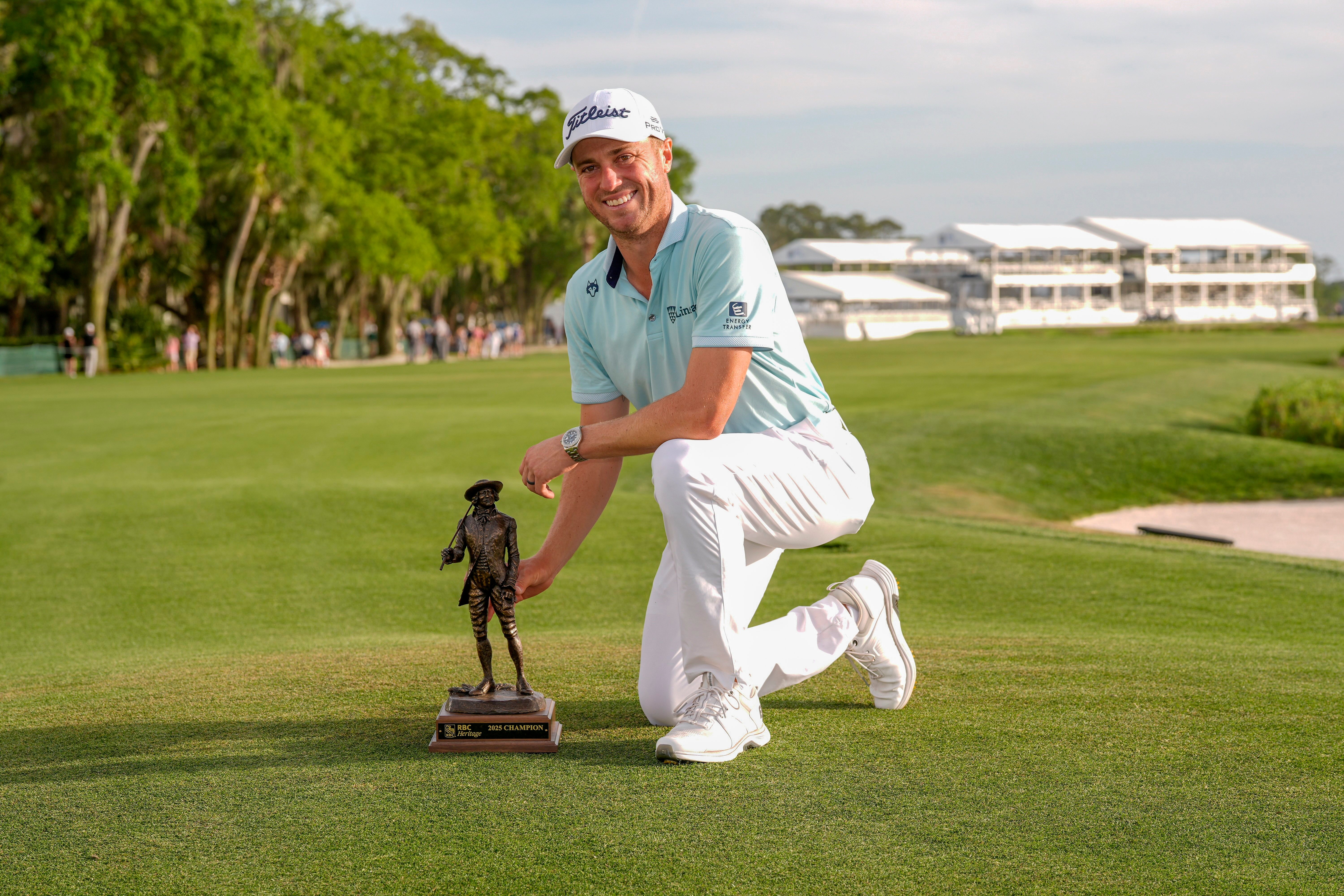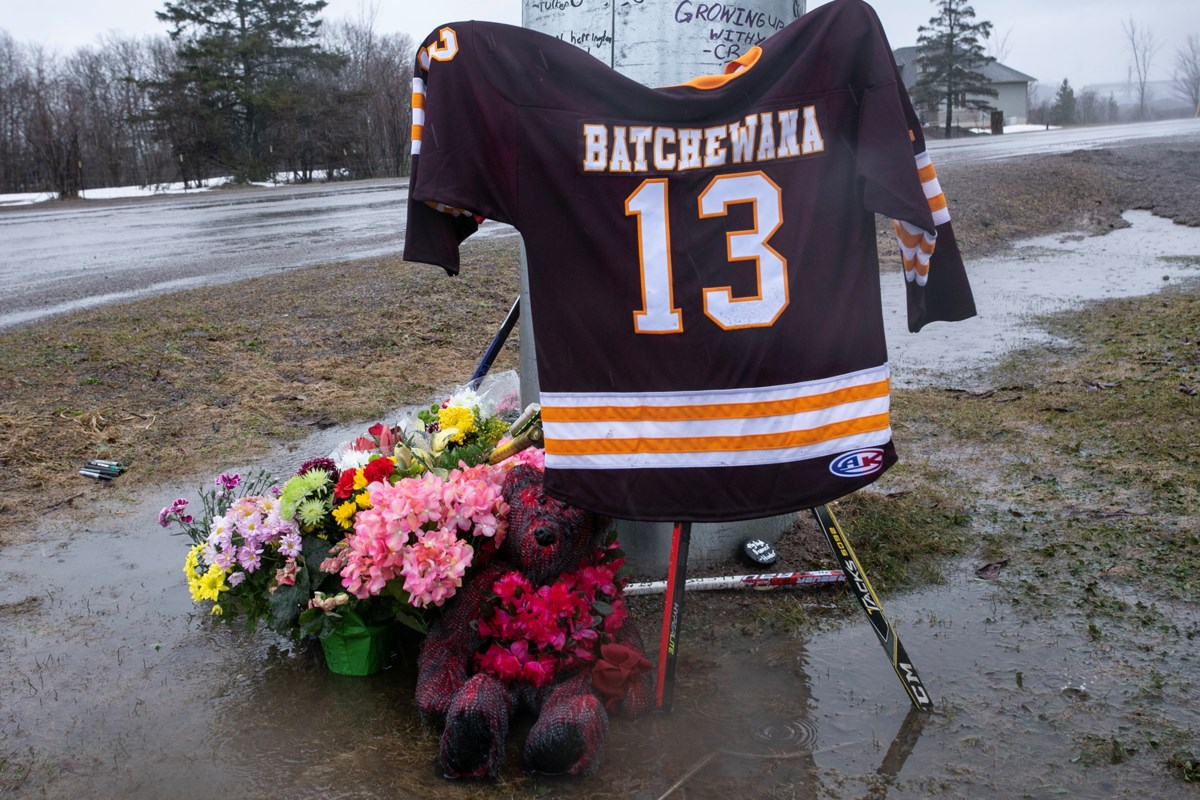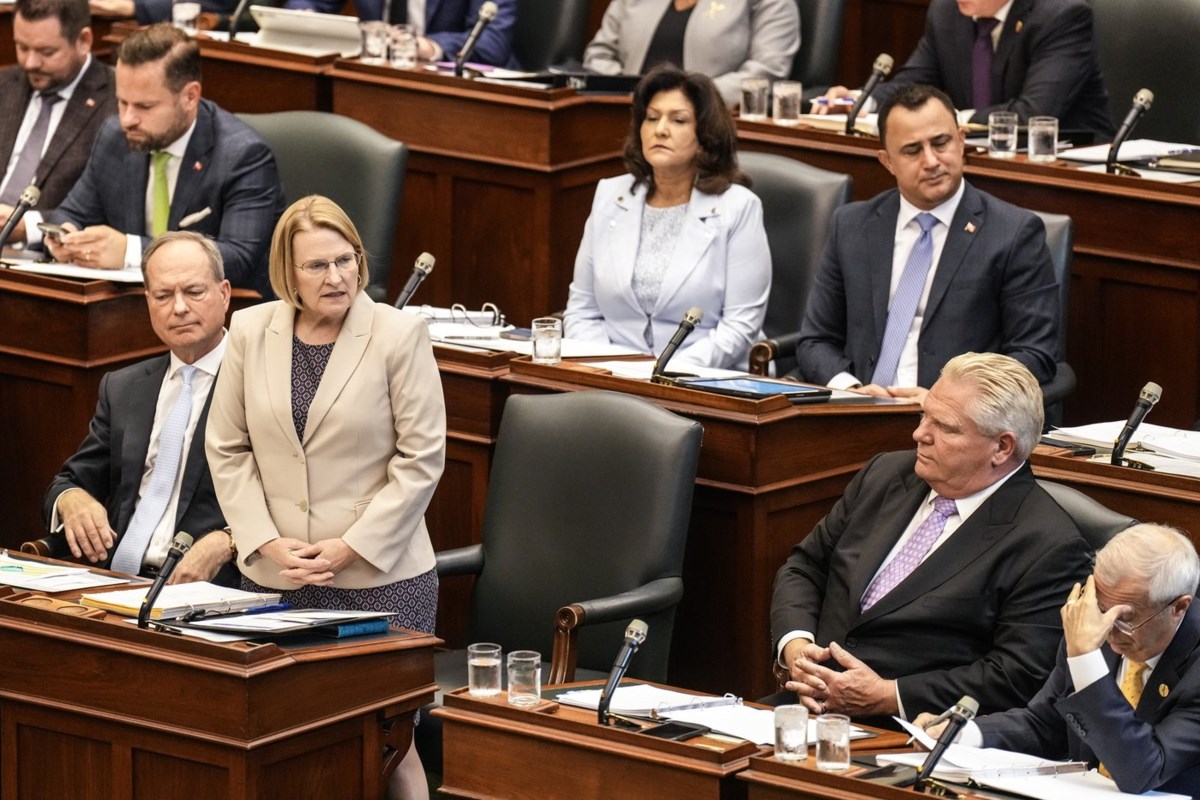How Freddie Gray's death changed Baltimore City and the nation

The moment a Baltimore Police officer locked eyes with 25-year-old Freddie Gray just after 8:30 in the morning on April 12, 2015, it set in motion a seismic series of events that changed policing and shook Baltimore City to its core. "Freddie Gray was born underweight, premature, exposed to heroin, born into deep poverty and lead poisoned, and by that time in his life, he's 2 years old," Wes Moore told CBS News in 2021, two years before he was elected as Maryland's governor. "If you look at why he was even arrested that day, he was arrested for making eye contact with police in a high poverty area, which in only some areas of this country is a crime. And that's the issue," Moore added. Neighbor recalls Freddie Gray's arrest Denise Perry lives across the street from where officers arrested Gray. She could hear his screams, captured in a video seen around the world, as he was arrested and placed into the back of a police van, where he would suffer injuries that ultimately killed him. "The breaking point is we are tired of being abused and neglected in these communities that people overlook because they judge by the book of the community by the cover," Perry said. "I heard a lot of confusion going on that day, which really shocked a lot of people in the community. I think that's the sad part. It could have been done differently." Gray was shackled and unsecured in the van. Prosecutors said he asked for help several times, but police failed to give him any assistance until it was too late.By the time Gray got to the Western District police precinct, he was drooling, unable to speak and had a fractured neck. The medical examiner later ruled his death a homicide. Days after Gray's death, then-President Barack Obama said, "What I think the people of Baltimore want more than anything else is the truth. That's what people around the country expect." Gray family's pain Gray has a twin sister, Fredericka. The siblings were born just minutes apart. "It's like half of you is gone," she told our partners at The Baltimore Banner during a recent interview."That day changed our life, my mother's and ours," Gray said. "They didn't break a family, but it changed us." Billy Murphy represented Freddie Gray's family and won a $6.4 million settlement with the City of Baltimore on their behalf. "The circumstantial evidence was overwhelming that somebody did something wrong to Freddie Gray, but where the evidence was unclear was who did it, when did it happen," Murphy told WJZ Investigator Mike Hellgren. "Losing 80% of your spine, having it torn, was just absolutely horrific, and the suffering he had to endure was catastrophic. It brought the whole country into Baltimore." Freddie Gray's death sparks unrest in BaltimoreDays of protests turned violent shortly after Gray's funeral.Baltimore Police were ill-equipped to handle the unrest, as the commissioner at the time admitted."We just didn't have enough time to get prepared the way that we should, and that falls on me," Anthony Batts told CBS News a year after the protests got out of control. "I take accountability for that protest." A decade ago, current Police Commissioner Richard Worley was a major in the Northeast District. "We basically couldn't handle it because we were unprepared," Worley told Hellgren. "It was something that I had never seen in the city and never thought I would see." The anger and outrage over years of civil rights abuses spilled onto the streets of West Baltimore. By the time it was over, more than 300 businesses were damaged, causing millions of dollars in losses as leaders called for calm. More than 100 police officers were injured.The city struggled to pick up the pieces. Charges against officers after death of Freddie Gray Within days, former State's Attorney Marylin Mosby announced criminal charges against six officers, a decision that defined her career. Mosby and her team soon discovered they faced a difficult path. Jan Bledsoe, one of the lead prosecutors in the cases, recently put it this way, "I remember saying to [Mosby], 'You do understand if we charge police officers, hell is going to rain down on us.' And I said, 'They will come at us with everything that they have.'" Months before he was elected for his first term as president, Donald Trump unloaded on Mosby. "I think it was disgraceful what she did and the way she did it and the news conference that she held," Trump said in 2016. "They were guilty before anyone even knew the facts. And I give a lot of credit to those police officers, who probably could've made a deal. I give a lot of respect and a lot of credit that they stuck it out. And you had victory after victory after victory, and she had no chance. Don't forget, she prosecuted what she thought was her best first case. She should prosecute herself. She should be held accountable." The first trial of Officer William Porter ended with a hung jury. Other officers chose to let the judge decide, but Judge Barry Williams did not buy Mosby's theory of the case: That there was enough evidence police illegally arrested Gray, gave him a "rough ride" and failed to help him after he was injured. "The problem was how do you prove what happened in the van?" Billy Murphy said. Hellgren asked him whether Gray got justice. "No, he didn't, because he didn't do anything to cause an 80% severed spine," Murphy said. "Now, his family got financial justice, but he did not get justice in the courtroom."Mosby felt she had no other choice but to drop the remaining cases and made her announcement in the Gilmor Homes community, where Gray grew up, and was arrested and placed in the police van. "Unlike other cases where prosecutors work closely with the police to investigate what actually occurred, what we realized very early on in this case is that police investigating police, whether their friend or their colleagues, it was problematic," Mosby said in her news conference. "For those who believe I am anti-police, it's simply not the case. I am anti police brutality," she said to applause. The head of the police union at the time called Mosby's comments "outrageous and uncalled for and simply not true." The Fraternal Order of Police (FOP) leader said, "The state's attorney simply could not accept the evidence that was presented. She had her own agenda." "Unfortunately, it didn't work out," Murphy said a decade later. "But she inspired a whole generation of prosecutors across the country to stand tall when you see police brutality." Most of the officers remained with the department.Freddie Gray's death had lasting impact on BaltimoreThe years that followed were some of Baltimore's most violent. "The police shut down. They stopped enforcing the law. They stopped making arrests," Murphy said. "In essence, they gave the public the middle finger." "I wouldn't necessarily call it a deliberate showdown," Commissioner Worley said earlier this month. "I will tell you that a lot of officers stopped working because they were worried about getting indicted or worried about losing their job and doing something wrong. The enforcement wasn't there, and it was a really bad position to be in as an officer, because you had some of your fellow officers charged with a crime and you didn't know how to react. Quite frankly, we could have done better giving the guidance to the officers, and we never want to be in that position again." In recent years, homicides and shootings have fallen dramatically. Police reform after Freddie Gray's deathA 2016 Department of Justice report found widespread civil rights abuses and examples of "unconstitutional" policing. The city entered into a consent decree with the federal government, mandating police reforms under court oversight. The transport vans were reconfigured and equipped with cameras. Baltimore officers are now wearing body cameras, something they did not use in 2015. "We reformed the entire police department," Commissioner Worley said. "We started from basically the ground level." When asked what he thinks Freddie Gray's legacy is, Murphy said, "Police reform. A legacy of getting body cameras. A legacy of lowering police perjury. A legacy of stopping police violence, unprovoked violence, unnecessary violence." Broken promises Some who live in the West Baltimore neighborhood where Gray grew up say many promises went unfulfilled. "Accountability works on both ends," Denise Perry said. "In order for us to want change or create change, we have to do better ourselves, and we also have to be able to see it from the people making promises to us." The homes in front of where Freddie Gray was arrested were torn down five years ago. That includes a small, spray-painted memorial. The Department of Justice decided, after its own investigation, not to charge any officers in Gray's death. "After an extensive review of this tragic event, conducted by career prosecutors and investigators, the Justice Department concluded that the evidence is insufficient to prove beyond a reasonable doubt that Officer Caesar Goodson, Officer William Porter, Officer Garrett Miller, Officer Edward Nero, Lieutenant Brian Rice, or Sergeant Alicia White willfully violated Gray's civil rights. Accordingly, the investigation into this incident has been closed without prosecution," the Department of Justice wrote in a September 2017 statement. Despite paying a multi-million-dollar civil settlement, the city never admitted liability. "I guess we don't realize the actions of others really create a lot of trauma in our communities, and that part can't be fixed because there's trauma committed, but then there's no help for healing," Perry said.



